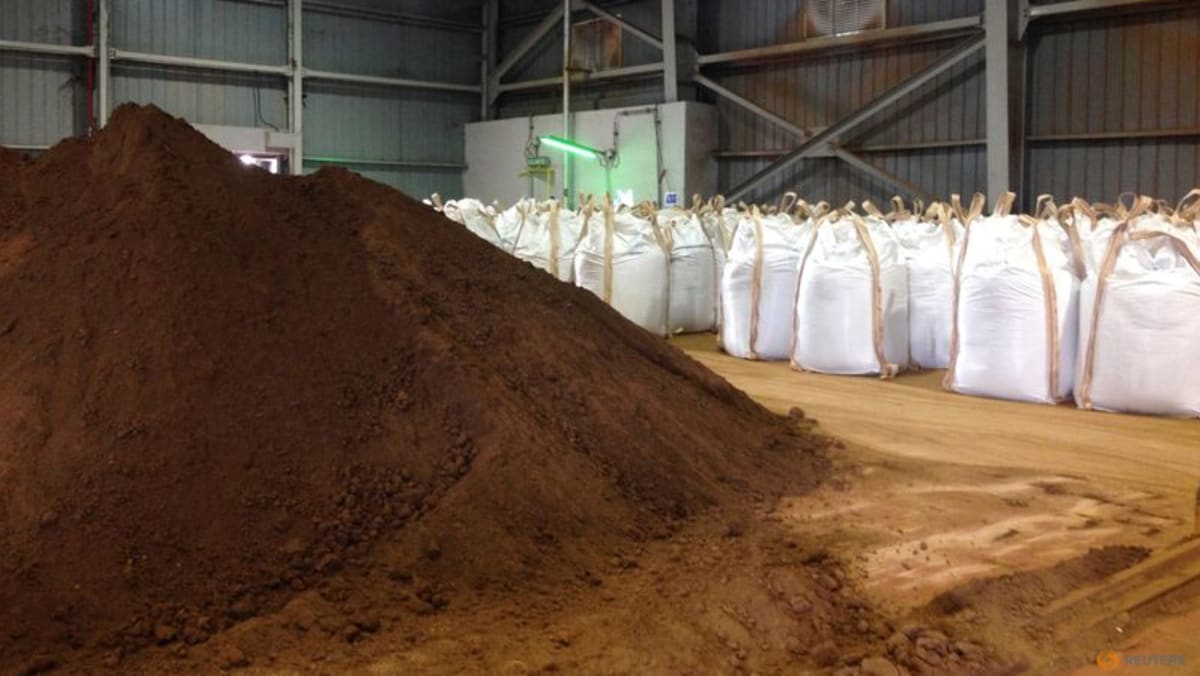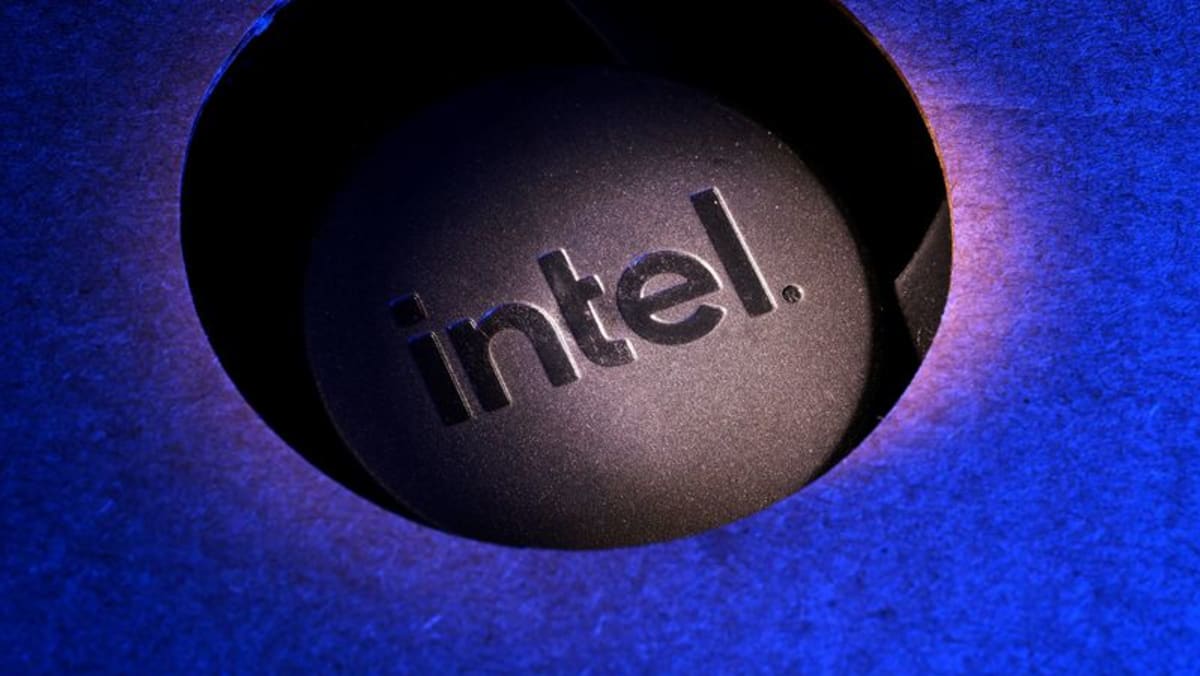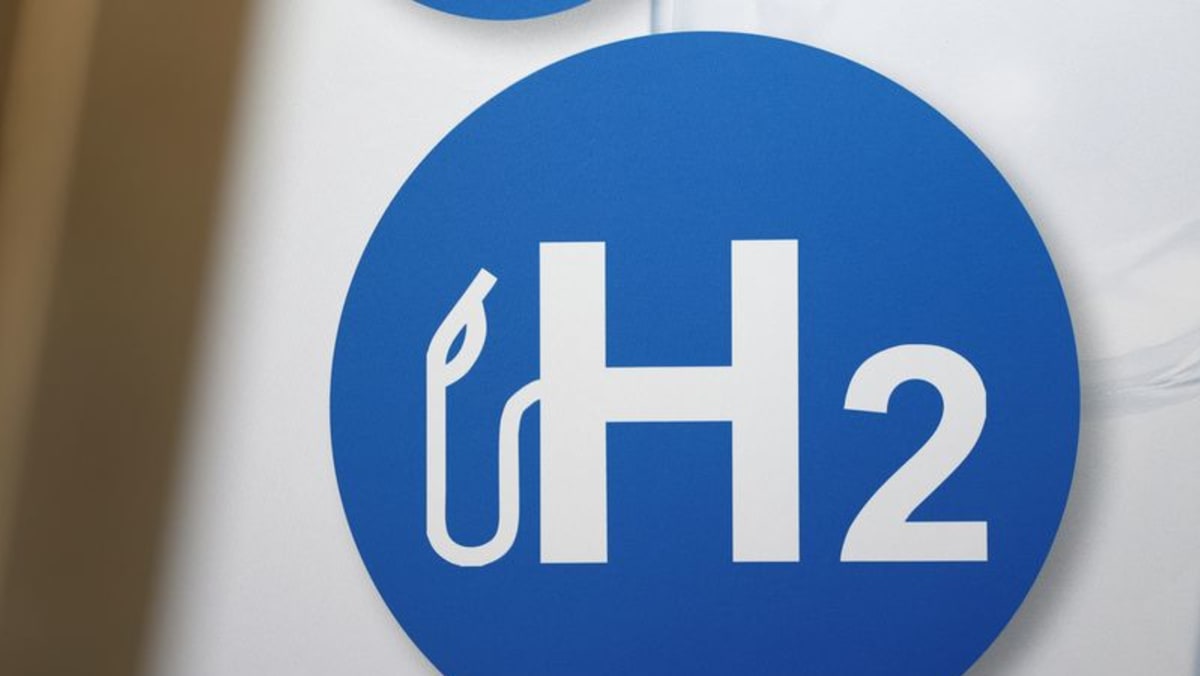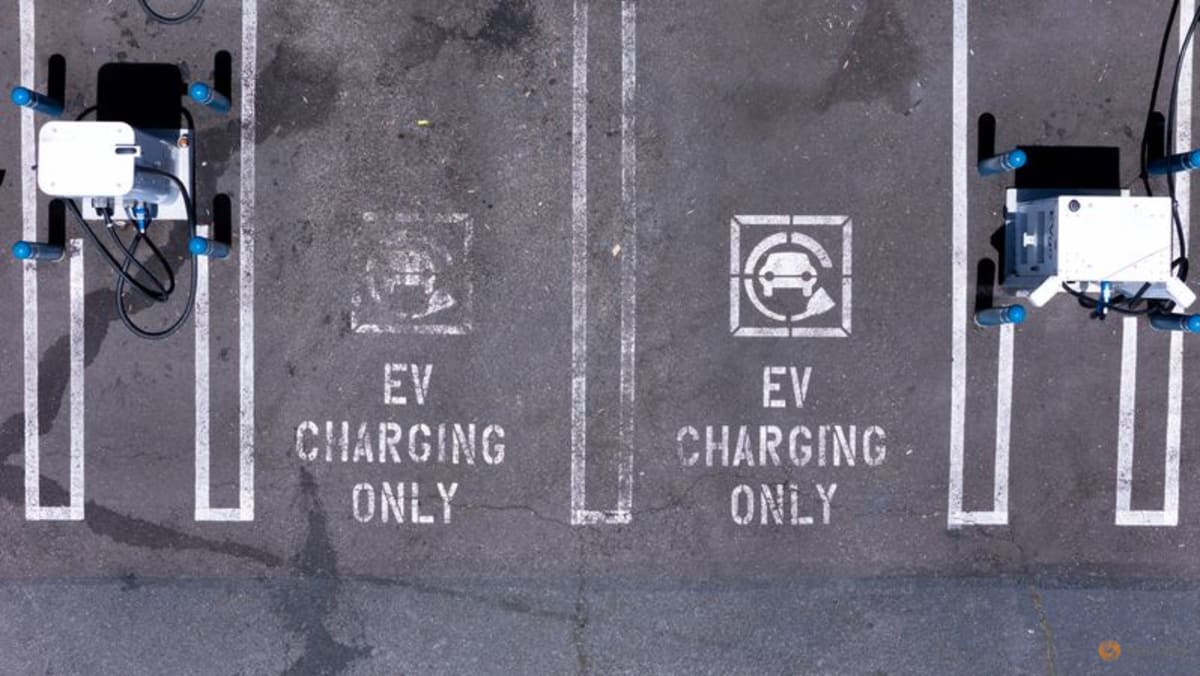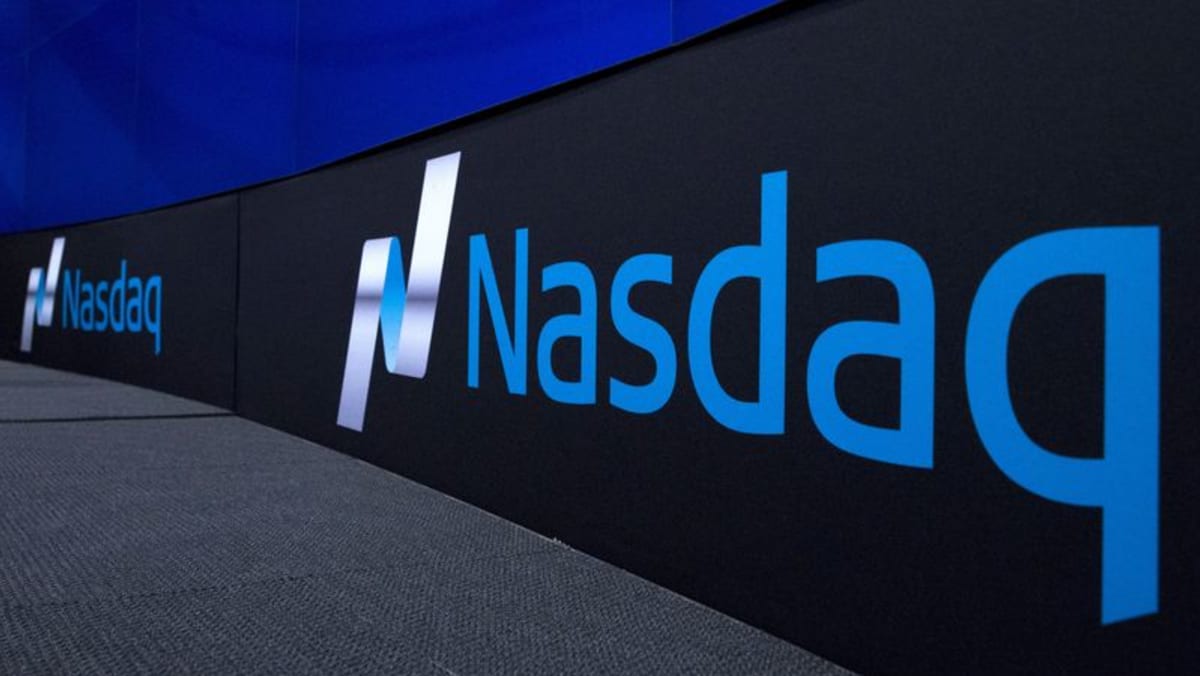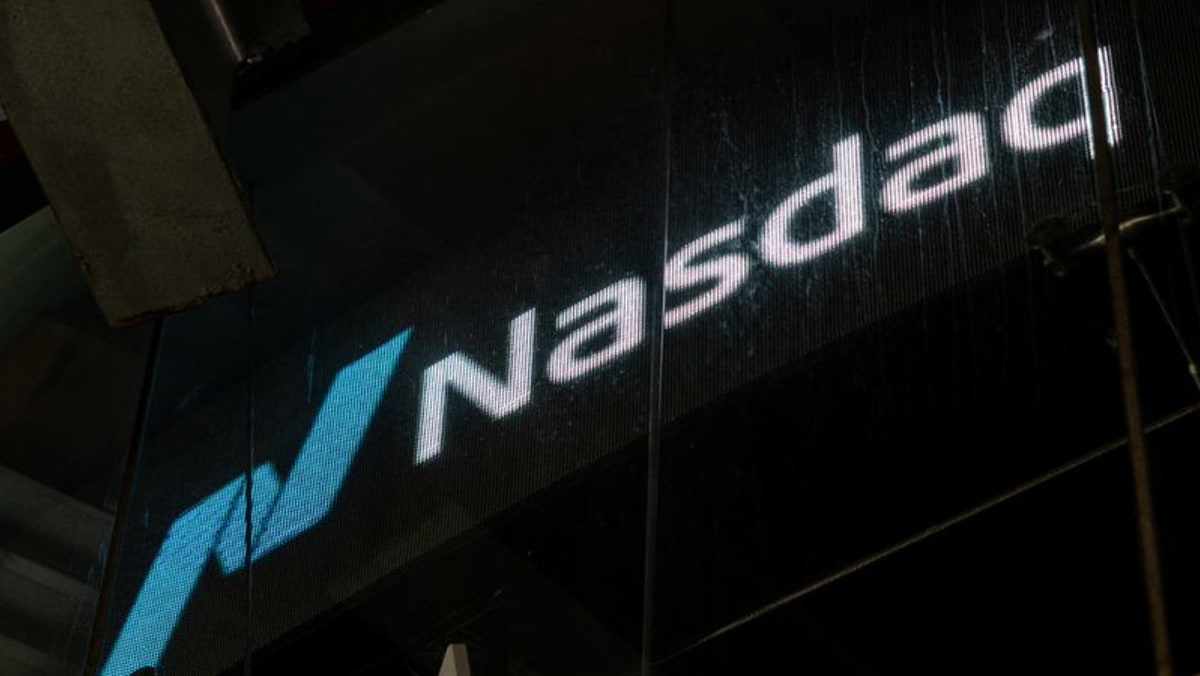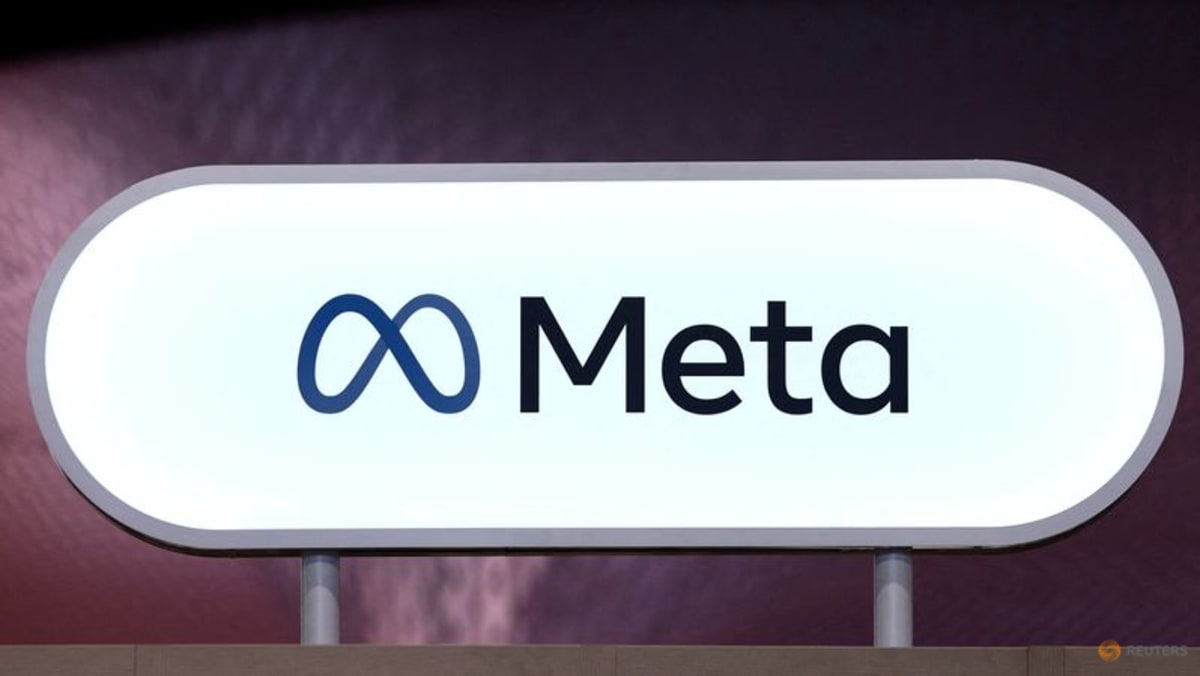PARIS :A French technology startup unveiled plans on Wednesday to work with clean-aircraft venture JetZero to explore a potential hydrogen-powered variant of its futuristic all-wing design.
The move by SHZ Advanced Technologies is likely to rekindle a debate over the potential for zero-emission flight, six months after Europe’s Airbus put the brakes on plans to develop the world’s first hydrogen-powered airliner.
California-based JetZero aims to challenge the traditional duopoly of Airbus and Boeing by developing a so-called blended wing-body aircraft, which it claims will be able to cut fuel consumption – and therefore carbon emissions – in half.
JetZero and SHZ now plan to work together under a NASA research programme to design systems capable of storing and distributing liquid hydrogen fuel, which could eliminate carbon emissions altogether and evolve into a variant of JetZero’s Z4.
Hydrogen is prized for its carbon-free emissions and high energy related to mass, which makes it lighter than normal fuel. However, it also takes up much more volume and must be cooled to -253 degrees Celsius, making storage a significant challenge.
JetZero’s blended wing-body design features a V-shaped fuselage that acts as a wing and reduces friction in the air, rather than the familiar wings and cylindrical fuselage.
“Due to the wider fuselage, the airframe is far more compatible with (liquid hydrogen) fuel tanks without sacrificing passenger seating, as a ‘tube and wing’ airplane would,” SHZ Advanced Technologies said on Wednesday.
Airbus said in February it was slowing down efforts to produce a hydrogen-powered regional plane and dropped a target date of 2035, blaming a lack of supporting infrastructure.
Boeing, by contrast, has been cool on the commercial viability of hydrogen flight altogether.
The concept of a blended wing-body design has been around since the 1940s and led to the U.S. B-2 bomber, as well as the X-48 research project between Boeing and NASA some 18 years ago.
JetZero is revisiting such designs as the aviation industry struggles to meet a target of net-zero emissions by 2050.
Airbus has argued that combining such radical changes to the shape of a plane with an entirely new propulsion system would be too ambitious, and is focusing instead on hydrogen-based fuel cells inside a normal tubular aircraft configuration.
But SHZ Advanced Technologies’ co-founder Eric Schulz – a former senior executive at Rolls-Royce and Airbus – said JetZero would approach the task in two phases with the initial focus on a conventionally powered all-wing plane. Any hydrogen-based variant would come in a second step, he told Reuters.
The French firm says it has developed hydrogen tanks that save space by avoiding the usual cylindrical shape needed for pressurised vessels and can fit more easily into the flowing contours of the Z4’s fuselage.
JetZero, whose backers include United Airlines, said in June it was on track to fly a full-scale prototype of the revolutionary 250-passenger airplane in 2027.
